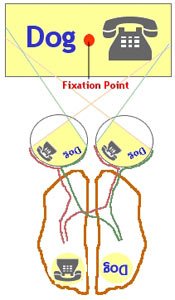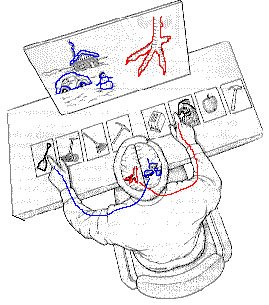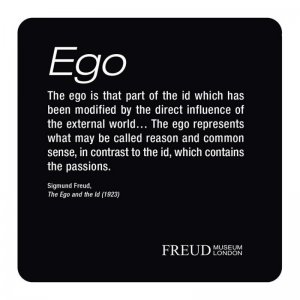grahamg
Old codger
- Location
- South of Manchester, UK
This is a subject where I believe our greatest scientists and medics confess there is very little known about the human mind or brain, and much is speculation, (many things may never be known I think they suggest).
This is an old study into the subject, that did reveal a few aspects of the workings of the brain:
"Communication between the two hemispheres of the brain is made possible by the bundles of axons, or commissures, that connect them. The largest of these bundles, known as the corpus callosum, consists of about 200 million axons running from one hemisphere to the other.
The absence of major deficits in animals with a severed corpus callosum gave neurosurgeons the idea of performing this operation on certain patients whose frequent, severe epileptic attacks were ruining their lives. In some of these patients, the epileptic focus was located in only one hemisphere, so this operation could successfully prevent the attacks from propagating to the other hemisphere. Having had this operation, these “split-brain” individuals could go back to enjoying their lives; as with the animals in Sperry’s experiments, their day-to-day behaviour was practically unaffected by the separation of their brains into two halves.
The renowned American neuropsychologist Michael Gazzaniga, who began his career working with Roger Sperry, has developed several devices for analyzing functional differences between the two hemispheres in split-brain patients. The idea behind these devices is to deliver stimuli in such a way that they reach only one hemisphere, and then to observe how this hemisphere manages to process these stimuli on its own.
To study language, Gazzaniga asked his subjects to focus on a point at the centre of a screen. He then projected images, words, and phrases onto the screen, to the left or right of this point. By flashing these items quickly enough that the subjects’ eyes had no time to move, Gazzaniga was able to “talk” to just one of the hemispheres at a time. Information projected in the subjects’ left visual field was received by the right hemisphere, while information projected in the right visual field was received by the left.
The subjects could easily repeat numbers or words or describe images projected in their right visual field, because the left hemisphere, which received and processed this information, is the dominant hemisphere for language. Similarly, when asked to close their eyes and feel an object with their right hand, they could describe the object readily."
https://thebrain.mcgill.ca/flash/capsules/experience_bleu06.html


This is an old study into the subject, that did reveal a few aspects of the workings of the brain:
"Communication between the two hemispheres of the brain is made possible by the bundles of axons, or commissures, that connect them. The largest of these bundles, known as the corpus callosum, consists of about 200 million axons running from one hemisphere to the other.
The absence of major deficits in animals with a severed corpus callosum gave neurosurgeons the idea of performing this operation on certain patients whose frequent, severe epileptic attacks were ruining their lives. In some of these patients, the epileptic focus was located in only one hemisphere, so this operation could successfully prevent the attacks from propagating to the other hemisphere. Having had this operation, these “split-brain” individuals could go back to enjoying their lives; as with the animals in Sperry’s experiments, their day-to-day behaviour was practically unaffected by the separation of their brains into two halves.
The renowned American neuropsychologist Michael Gazzaniga, who began his career working with Roger Sperry, has developed several devices for analyzing functional differences between the two hemispheres in split-brain patients. The idea behind these devices is to deliver stimuli in such a way that they reach only one hemisphere, and then to observe how this hemisphere manages to process these stimuli on its own.
To study language, Gazzaniga asked his subjects to focus on a point at the centre of a screen. He then projected images, words, and phrases onto the screen, to the left or right of this point. By flashing these items quickly enough that the subjects’ eyes had no time to move, Gazzaniga was able to “talk” to just one of the hemispheres at a time. Information projected in the subjects’ left visual field was received by the right hemisphere, while information projected in the right visual field was received by the left.
The subjects could easily repeat numbers or words or describe images projected in their right visual field, because the left hemisphere, which received and processed this information, is the dominant hemisphere for language. Similarly, when asked to close their eyes and feel an object with their right hand, they could describe the object readily."
https://thebrain.mcgill.ca/flash/capsules/experience_bleu06.html


Last edited:


